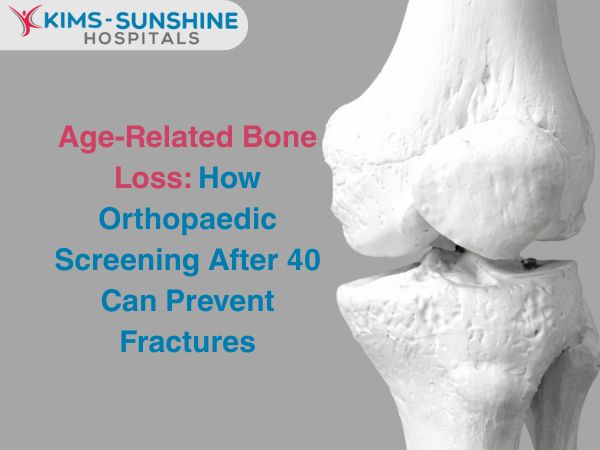
How Anger Impacts Your Body and Mind: Effects You Should Know

We have all heard of innumerable quotes from famous personalities, asking us not to get angry. The general gist is don’t get angry because it will do you more harm than good, in the long run. But, we are NOT asking you to always stay calm and never get angry. Anger is a normal emotion that we all have to deal with, in particular situations and it is a mechanism the brain uses to decide whether to stand your ground and fight or to storm off. Anger can be of varying degrees- frustration, irritation, blinding rage and even resentment that can build over many years and it refuses to go away for a variety of reasons. It is this inability to let go that is particularly problematic. Whatever may be the end goal, anger is part of the fight or flight response, which means high amounts of cortisol and adrenaline are present in your blood at that moment. This can trigger a cascade of events in the body, which we learn about in more detail.
How Anger Affects The Brain And Body Physically
Let us look at all the other organs that get affected negatively, if you are always angry.
- Heart- You are at higher risk of developing heart disease than normal folk. Igt can definitely increase blood pressure and cause hypertension in the long term. People who get angry often may notice that their heart beats rapidly and this can cause arrhythmia.
- With high amounts of cortisol and adrenaline, you will have lower immunity than usual. If you fall sick, you will take longer to recover too.
- You will not be able to sleep properly- which means you are setting yourself up for a world of hurt later on. Poor sleep quality can cause insomnia and other metabolic disorders, which can become chronic.
- Your gut is highly sensitive to emotions- especially anger- which is pretty strong in its own right. You could have IBS, greater acid reflux and changes in your appetite- where you may eat very less or overeat a lot.
- If you have the tendency to grind your teeth when angry, then you may have jaw pain. Otherwise, you could have chronic headache, neck and shoulder pain, back pain and even joint issues due to hormonal imbalances.
- You will breathe in quicker than normal.
- With respect to cognitive ability and brain function – you may not exercise your decision making skills well in a situation where you are very angry.
- Body temperature increases when you are angry, as cortisol and adrenaline can cause increased blood flow away from the gut to the limbs and other areas of the body.
Plus, we all know how we could lose our social connections – friends and family in the process.
How Does Anger Impact Sleep And Mental Well-Being
Due to the high levels of cortisol, you may not be able to relax and falling asleep may be harder than usual. You may have to deal with intrusive or overly restless thoughts and hence, may not be able to have restful sleep throughout the night. Less sleep can cause hypertension, diabetes, depression and other issues which can remain chronic and fester over many years. It can also leave you feeling wired, where you may trigger certain unwanted reactions or circumstances, instead of being able to diffuse a tense situation. It is a vicious cycle- less sleep can lead to more anger, and more anger can lead to insomnia.
Anger Management Techniques For A Healthier Mind
Getting angry is important, yes, but learning when to NOT get angry- that is more crucial. We have a few anger management techniques listed below-
- You should first try to sit down and list out all possible triggers.
- You should include deep breathing exercises everyday and especially when you are angry. More oxygen means your muscles will relax better, leading you to calm a=down and release tension from the body.
- You should talk to a therapist who can suggest what to do- like maintaining a journal where you write down everything that made you angry in a day and how you reacted to it.
- Cognitive Behavioural Therapy (CBT) is where a doctor will ask you to be more conscious and mindful of your thought processes, identify triggers and then try to rationalise why NOT doing it will work instead.
- You could try to use humour to diffuse a tense situation- however dumb, inappropriate or stupid the joke may be. It just needs to get the job done- i.e. calm you down.
- There is no use if you bury your emotions and then let them fester. You should be able to understand why you react in a particular way to a specific trigger. Addressing your concerns with the help of a therapist will definitely help.
Conclusion
Anger is a basic emotion everyone faces and we all know that anger is bad for us. But, at times, we let it get the better of us and that is when it becomes an issue. Utilising all that angry energy in a more productive manner could involve physical pursuits- like boxing, jogging, running, swimming, etc. Try to disrupt the chain of thought by thinking of something else. Don’t resort to holding grudges and blaming other people. Lastly, it is important to take a time-out, walk away, reassess the situation and then think about what can be done.






